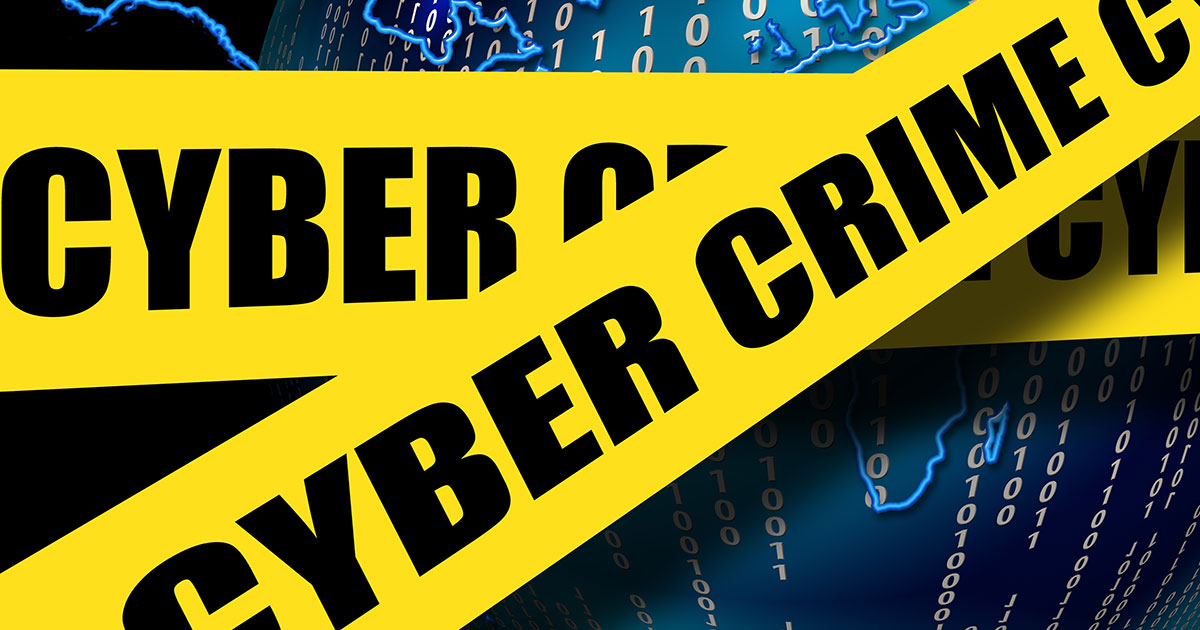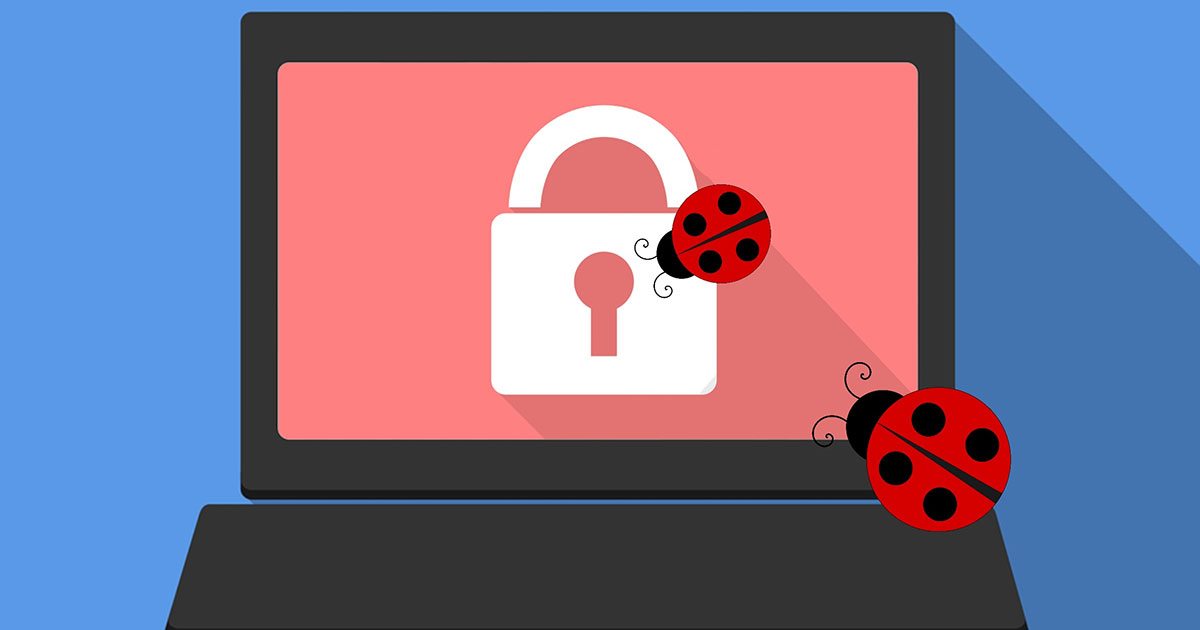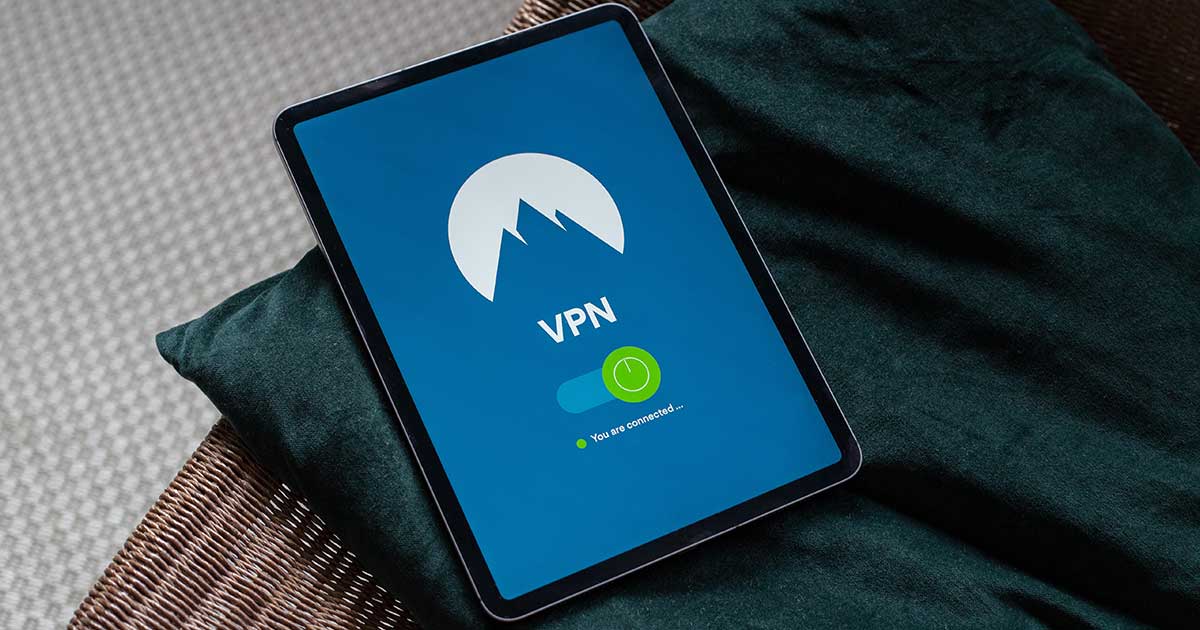
The Virtual Private Network (VPN) is the most buzzed word when it comes to the usage of internet communication along with various organizations and its Work-from-Home systems. A dedicated tunnel of network that ensures the best possible security of data packets from the encoder to the decoder.
What makes VPN popular?
VPN can simply be described as a secured end-to-end avenue between the internet server and operating devices that helps in creating a network of systems while masking up the IP address in the virtual space. Easy transfer of encrypted data to the exit nodes sums up the basic definition of the network system. Generally, this type of network offers high-speed connections that help organizations efficiently. Thus, encouraging the Work-from-Home actions taken by the companies during the situation of Pandemic and further.
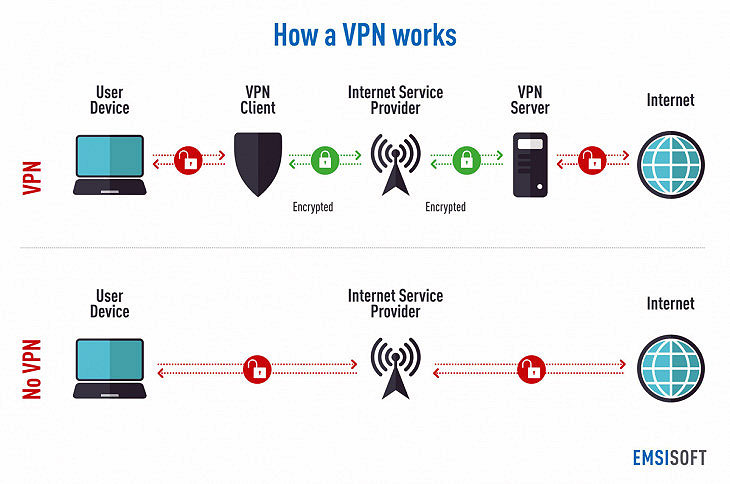
Concealing up the IP address maintains a hefty benefit of privacy and data encryption. The creation of a personal network in the public Wi-Fi domain helps in the prevention of unwanted and risky threats making the online activity perpetually hidden.
While in some regions various banned internet services can be easily accessed through the use of Virtual Private Network, hence establishing a usable means of entry.
Why Banning VPN is concerning?
Acceleration of re-current pandemic though has positive internet uses but also affected the systems adversely. According to the report published by credible sources while the popularization of the “Work from Home” culture has created a heavy dependence on the technology, the adoption of updated interconnectedness on the other hand becomes inevitable in increasing vulnerabilities and less controlled working environment.
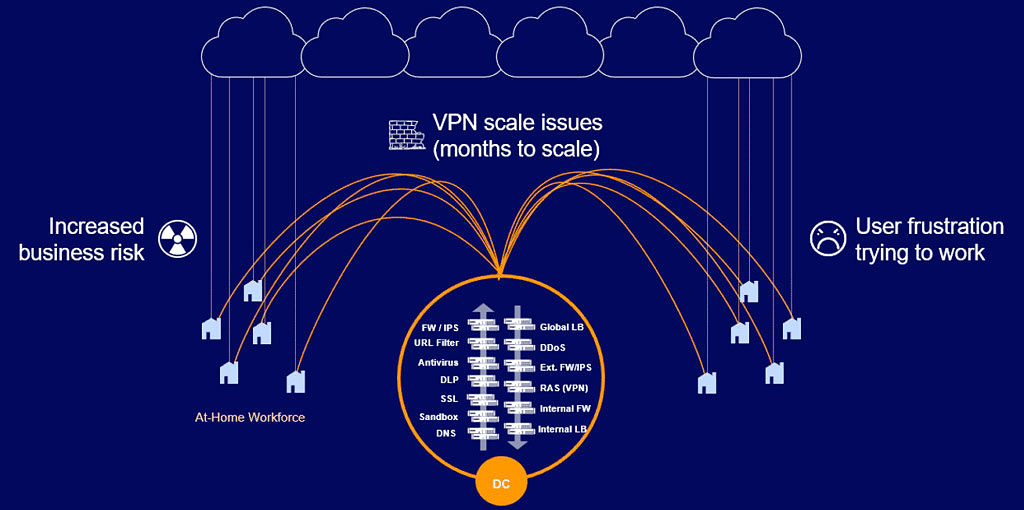
Thus, the use of VPN to conduct unsolicited Cyber Operations and Cyber Crime Syndicates has taken up the desolated space on the web, where favorability of the guaranteed committed tunnel becomes an added advantage. Easy access and immense usage by anonymous make it highly difficult for the authorities to keep a surveillance eye on the undisclosed identities.
Why is the Government stepping toward a VPN ban?
Profound use of VPN in the recent day has led the government and its security organizations to take steps on putting a check on the use of network systems that have remote access. Authorities have reported that the generation of fake ids with access to VPN is has been practiced in a large number and is very difficult to be monitored through regular surveillance options.
VPN deploying services are also be seen as a “Technological Challenge” from the point of view of the Parliamentary Standing Committee on Home Affairs for several reasons like:
- Low Policies for Protection of Credentials: Credentials sharing and continuous use of weak passwords over and over again makes it very difficult to keep credentials highly protected.
- Secure VPN results in less productivity: Using of VPN increases security over an unencrypted connection, hence takes much longer lag time slowing down of work procedure.
- Risks related to VPN: While VPN is considered safe as it can mask up the IP address of the user, but in the case of connectivity the third party access plays a vital role as they might have complete access to the data shared through the network.
- Lack of Accountability of the Third-Party VPN: The VPN typically provides no audit records, so monitoring and or recording every action by the third party is almost impossible. This phenomenon creates a state of risk of issue of occurrence making it difficult to locate the issue and the creator.
- Less or No protection from Hackers: VPN is often used by Hackers to gain network access. IN the case of multiple third-party vendors, potential hackers have several routes to break into and have data access.
Would banning VPN be Worth?
Actions to ban VPN in India is predominantly at the preliminary stage as restricted usage of VPN accessibility in India could resist the conditions of intercept in interconnectedness, but on the other hand it would completely bring the culture of Work-from-Home into a screeching Halt.
Keeping things in mind, The Parliamentary Standing Committee has urged the Government to take steps about introducing permitted VPN services in India. Initiating such actions would allow the Government to filter out the authentic and credible VPN users. This would further to ensure complete security of network access systems to eliminate the risk of cyber threats and sheltering criminals.
Exclusive Blog
Read All Exclusive Blog »
With world working from home, it's time to make it enjoyable and effective.
Read DetailsHacking Tools
Explore All Hacking Tools »
UFTP is an encrypted multicast file transfer program for secure, reliable & efficient transfer of files. It also helps in data distribution over a satellite link.
Read Details



